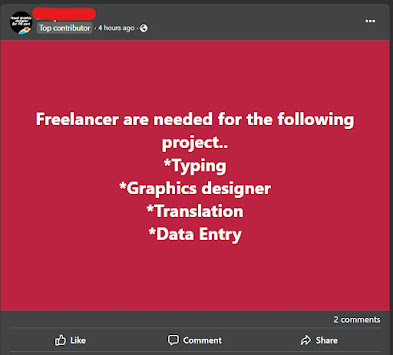Ad Blockers on YouTube: A Detailed Examination of Policy, Impact, and Consequences
Ad blockers, software designed to remove or alter online advertising content, have become a significant topic of discussion within the YouTube community. In essence, they provide a smoother, interruption-free user experience. However, their usage on YouTube has sparked controversy due to potential violations of the platform's terms of service.
Specifically, YouTube's policy 3.2.1 states: "You agree not to modify, adapt, or circumvent any of the technical measures used by YouTube to provide and protect the Service. This includes, but is not limited to, disabling, modifying, or editing the HTML of any page containing YouTube content, or using an ad blocker or other technology that prevents YouTube from delivering or displaying ads."
Although the policy doesn't mention ad blockers explicitly, it's clear that using such software can be considered as a violation of these terms. This brings us to a contentious crossroads: while some YouTube users and creators lean on ad blockers for various reasons, they may be unknowingly courting potential penalties.
The Dual Facets of Ad Blockers
Despite potential policy infringements, many YouTubers continue to use ad blockers. They provide a focused environment during video recording and editing, protect users' privacy from ad tracking, and serve as a form of protest against what some perceive as an unfair ad system.
However, ad blocker usage also carries drawbacks. YouTube's potential interpretation of their use as a violation can lead to serious consequences, like channel suspension or termination. Additionally, it deprives creators of revenue, hindering their ability to generate income from their content.
YouTube's Actions Against Ad Blockers: An Updated Perspective
YouTube's crackdown on ad blockers isn't arbitrary. It follows the platform's three-strike policy, a disciplinary system designed to ensure that creators adhere to the community guidelines. In essence, YouTube assigns strikes to channels that violate its terms of service, including the potential misuse of ad blockers.
A channel that receives one strike gets temporarily suspended, unable to upload new content for a week. If the same channel incurs a second strike within a 90-day window, it faces a two-week upload suspension. Upon receiving a third strike, the channel faces termination.
Now, it's crucial to underline that while YouTube hasn't made a specific policy stating ad-blocker usage as a strike-worthy offense, it's plausible that persistent ad-blocker use could be interpreted as a service violation, leading to a strike under this policy. It's a grey area, and the ambiguity could potentially lead to problems for creators.
The Impact of Ad Blockers on YouTube Creators: A Closer Look
As we mentioned earlier, ad-blocker usage can significantly impact YouTube creators. But with YouTube's three-strike policy in play, the stakes become even higher. A single strike not only restricts uploading new content but also limits other functionalities like live streaming and the ability to monetize content. Multiple strikes within a 90-day window only escalate these restrictions, leading to potential channel termination.
Therefore, creators need to weigh the potential short-term benefits of using an ad blocker against the severe long-term repercussions they might face due to potential strikes.
The Future of Ad Blockers on YouTube
As of July 2023, no recent reports of YouTubers being suspended or terminated due to ad blocker usage have emerged. However, this should not be mistaken for a softening of YouTube's stance. The platform continues to innovate and improve its measures to deter ad blocker use, which could lead to more rigorous enforcement in the future.
Even though YouTube's policies concerning ad blockers are still evolving, it hasn't yet issued specific guidelines on what exactly constitutes a violation of its terms of service in this context. This ambiguity leaves users in a tricky position, having to assess the benefits and risks.
Conclusion
The issue of ad blockers on YouTube is a complex one, marked by the delicate balance between user experience, platform policy, and content creator earnings. While ad blockers offer benefits like privacy protection and interruption-free viewing, they also present potential risks like policy violation and negative impacts on creator revenue.
If you're a YouTuber considering using an ad blocker, it's crucial to weigh the risk-reward ratio carefully. Understand the potential implications such as channel suspension or termination. Above all, stay updated on YouTube's policies to make an informed decision.
In the final analysis, whether or not to use an ad blocker on YouTube remains a personal decision. However, it's crucial to be aware of the risks involved, which should form an essential part of your decision-making process.
Join the Conversation
The ad blocker debate on YouTube is likely to persist as the platform evolves and develops new policies. Whether you're a creator, viewer, or tech enthusiast, it's a topic worth keeping an eye on. Stay informed about the latest developments by following or subscribing to our blog. We'd also love to hear your thoughts on this issue – feel free to share your experiences and opinions in the comment section below. Don't forget to share this blog post with others to broaden the discussion around this pivotal topic.
.png)
.png)


Comments
Post a Comment